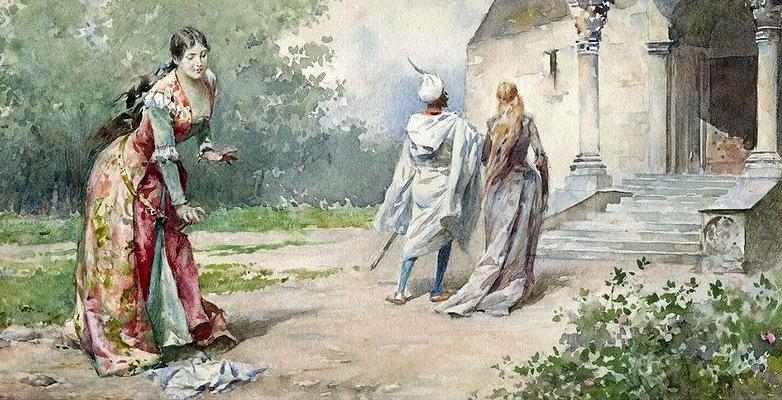Commentary
In one respect, French law is greatly superior to British or American: It doesn’t allow publishers to alter a text once its author has died. For good or evil, a written work remains the author’s unchanging legacy forever, and if a publisher doesn’t like or is offended by it, that’s tough. The publisher either prints what the writer wrote or refrains from publishing it at all.





